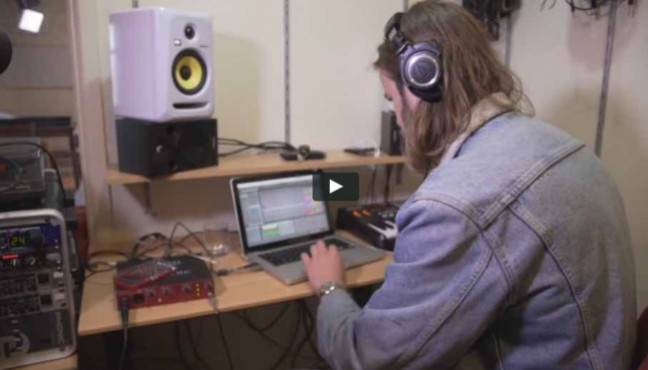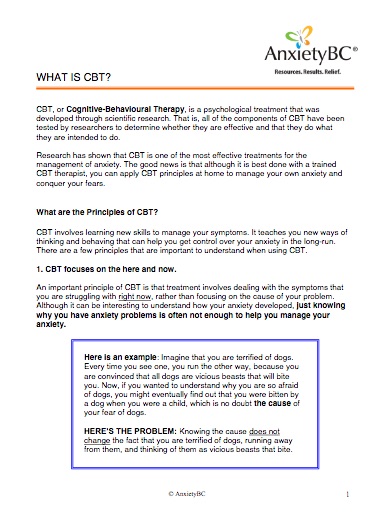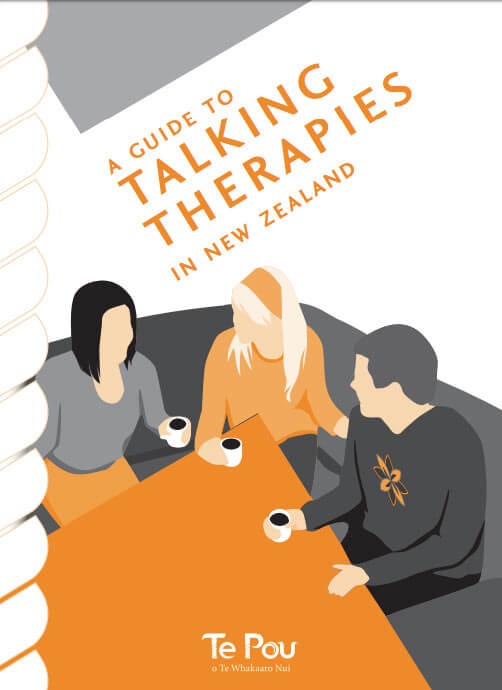Cognitive behavioural therapy is one of the talking therapies available to treat mental health issues. The therapy can be broken down into two parts: cognition (what you think) and behaviour (what you do).
Because how you behave often depends on how you think, CBT aims to help you to understand your thoughts and to think more positively about certain things. Changing how you think can also change how you feel and act and relate to other people.
CBT focuses on your state of mind in the present and does not necessarily focus on finding out the causes of your problems.
Video: What is Cognitive Behavioural Therapy? A short explainer - Just a Thought
This video may take a few moments to load.










